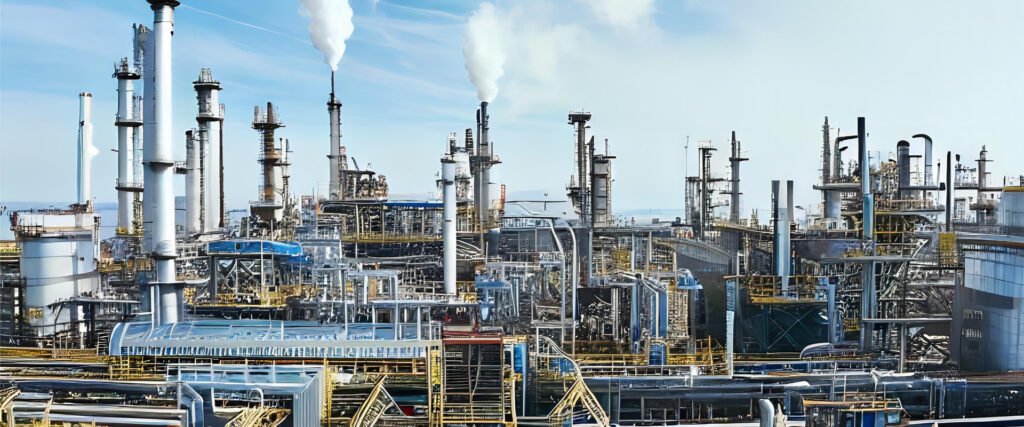Your cart is currently empty!
TEL:08615998857658

Alloy cutting oil Additives Packages
Creating a high-strength alloy steel cutting oil additive package involves formulating a blend of additives designed to enhance the performance of the cutting oil specifically for machining high-strength alloy steels.
Description
Alloy cutting oils, used during metal machining processes, benefit from various additive packages to enhance their performance and protect both the tool and the workpiece. Here are some common types of additives found in alloy cutting oil packages:
1. Lubricity Additives:
- Extreme pressure (EP) additives: These additives create a sacrificial film on the tool and workpiece surfaces, reducing friction and wear under high pressure and load conditions. Common examples include sulfurized fats and oils, chlorinated paraffins, and phosphorous compounds.
- Antiwear (AW) additives: These additives react with metal surfaces to form a protective layer that reduces wear during machining operations. Common examples include zinc dialkyldithiophosphates (ZDDP) and tricresyl phosphate (TCP).
2. Cooling and Chip Removal Additives:
- Mineral oils: These base oils provide lubrication and cooling properties for the cutting zone.
- Synthetic esters: These offer superior high-temperature performance and biodegradability compared to mineral oils.
- Fatty alcohols: These improve chip evacuation by reducing their tendency to stick to the tool and workpiece.
3. Corrosion Inhibition and Anti-Foam Additives:
- Corrosion inhibitors: These additives protect machined surfaces from corrosion caused by moisture or coolant residues. Common examples include nitrites, borates, and organic acids.
- Antifoam agents: These prevent excessive foam formation in the coolant, which can hinder lubrication and cooling effectiveness. Common examples include silicones and polyglycols.
4. Additional Additives:
- Biocides: These control the growth of bacteria and fungi in the coolant, preventing oil degradation and potential health hazards.
- Emulsifiers: These help water-based coolants form stable emulsions with mineral oils, improving their performance and cooling efficiency.
Important Points:
- The specific type and concentration of additives in an alloy cutting oil package will vary depending on factors like the type of metal being machined, the machining process, and the desired performance characteristics.
- It’s crucial to consult with the cutting oil manufacturer or a qualified lubrication professional to choose the appropriate additive package for your specific application. Using the wrong package or incorrect amounts can lead to unintended consequences, including reduced performance, equipment damage, or safety hazards.
- Always follow the manufacturer’s recommendations for proper handling, usage, and disposal of alloy cutting oils with additive packages.
Remember, choosing the appropriate cutting oil and ensuring its effectiveness are crucial for achieving optimal machining results, protecting valuable equipment, and maintaining worker safety.







Reviews
There are no reviews yet.